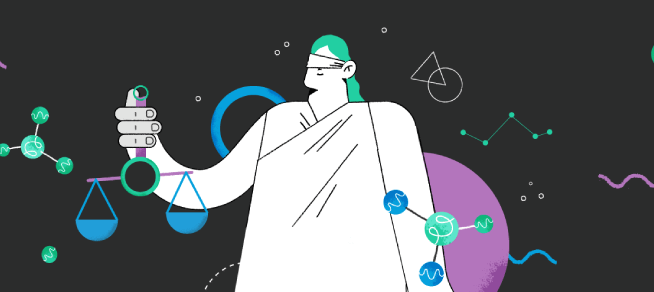
Ethical and Responsible Use of AI in Academic Study
The rapid rise of artificial intelligence in recent years has sparked massive change across various sectors, and academia is no exception. With OpenAI’s launch of ChatGPT in late 2022, the floodgates opened for a new wave of AI-powered products designed to assist in everything from writing and research to problem-solving and data analysis. As a result, students across the globe have increasingly turned to AI for academic support, and a new set of tools and technologies has emerged to assist in studies, sometimes blurring the lines between helpful resources and academic misconduct.
The Widespread Adoption of AI in Academia
AI tools are now commonplace in academic settings. Students use AI for a range of tasks: generating essay drafts, summarizing research papers, brainstorming ideas, and even programming. The ability to generate content almost instantaneously has proven to be a valuable asset in such time-constrained environments. Tools like ChatGPT, Grammarly, and other specialized AI services have become integrated into many students’ study routines, enabling them to complete tasks faster. However, this surge in AI usage raises important questions about the ethical implications and potential risks associated with its application in academic settings.
Common Misconceptions About AI
Despite its rapid adoption, there remains confusion surrounding the capabilities and limitations of AI. One of the most common misconceptions is that AI tools, like ChatGPT, are reliable sources of information. While these tools can provide useful insights, they are prone to errors, hallucinations, and biases. It’s also vital to remember that AI cannot engage in critical thinking, create original research, or produce truly novel ideas. Therefore, it should not be viewed as a replacement for personal intellectual effort but as a supplement.
Academic Violations and Mistakes Students Make
The increasing reliance on AI in academic study has led to several common violations and mistakes. One of the most significant issues is plagiarism—either directly copying content generated by AI or failing to appropriately credit AI contributions. Students may also fall into the trap of using AI tools to complete entire assignments, which not only violates the schools academic integrity policy, but also leads to a lack of personal learning and growth. Furthermore, some students may use AI-generated content without fully understanding it, risking the submission of inaccurate or incomplete work.
Best Ways to Use AI for Study:
When used responsibly, AI can be a powerful study tool. Here are some tips for making the most of it:
- Use AI for Idea Generation: AI is great for brainstorming and structuring ideas for papers or projects. Use it to help map out topics or outline arguments but ensure you develop these ideas in your own words.
- Article summarization: AI can help summarize articles or clarify complex topics, but always verify information from credible sources to avoid misinformation.
- Improve Writing Quality: AI tools like Grammarly can be useful to check grammatical errors without making significant / material changes to the original work.
- Learn from AI: If you’re stuck on a concept, AI can provide examples and explanations in simpler terms. It can also provide real world use cases of course material, leading to greater levels of understanding. Treat it as an assistant, not a substitute for learning.
How Not to Use AI In Academic Settings:
- Passing AI completed assignments and work as yours: Using AI to write entire essays or solving problem sets is academic dishonesty, and The Rutgers Academic Integrity policy states it quite clearly.
- Taking AI generated reponses as fact: AI is often confidently wrong, presenting incorrect information as fact. It is important to remember that most AI’s produce what word It thinks would most likely appear next rather than any true understanding of the presented information. Always fact check AI responses before using them for any meaningful work.
- Skipping critical thinking: While AI is good at answering questions quickly, students may fall into the trap of using it as a go-to replacement for thoughtfully considering a problem and developing a well-reasoned solution.
Consequences of Improper AI Use and Academic Dishonesty
The consequences of improper AI use can be severe. Rutgers University considers the use of AI to cheat or plagiarize as academic dishonesty, leading to penalties ranging from failed assignments to expulsion. Beyond the legal and institutional consequences, the long-term effects on students’ education are also significant. Over-reliance on AI can stunt academic development, leaving students ill-prepared for real-world challenges. In an age where AI’s presence is growing, it is crucial to remember that education is about building personal skills and knowledge, and tools like AI should merely act as an aid, not a crutch.
Key Takeaways
In case you don’t remember anything else from this article, here are the essentials:
- Use AI as a tool, not a shortcut – It can be helpful for brainstorming, editing, and research, but your work should reflect your own understanding.
- Avoid academic dishonesty – Passing off AI-generated content as your own is a violation of academic integrity. Always check for plagiarism, verify sources, and respect intellectual property rights when using AI tools.
- Don’t let AI replace learning – Use AI to enhance your studies, but ensure you remain actively engaged in the learning process.

